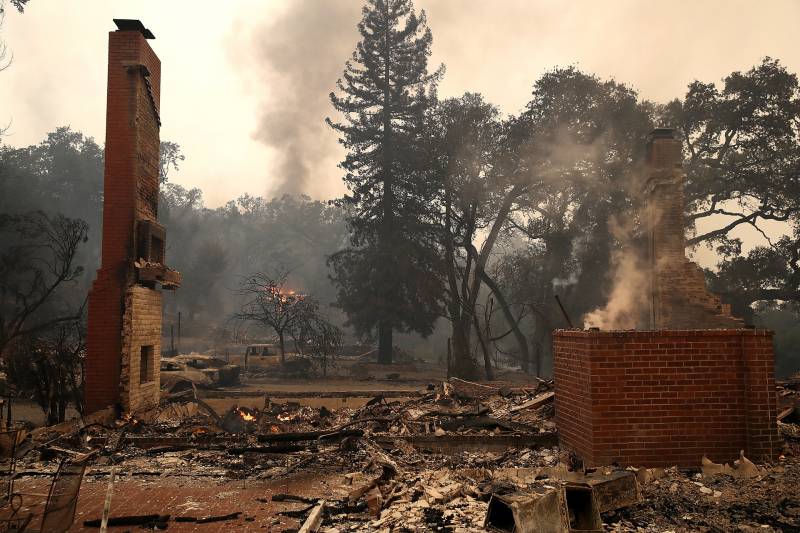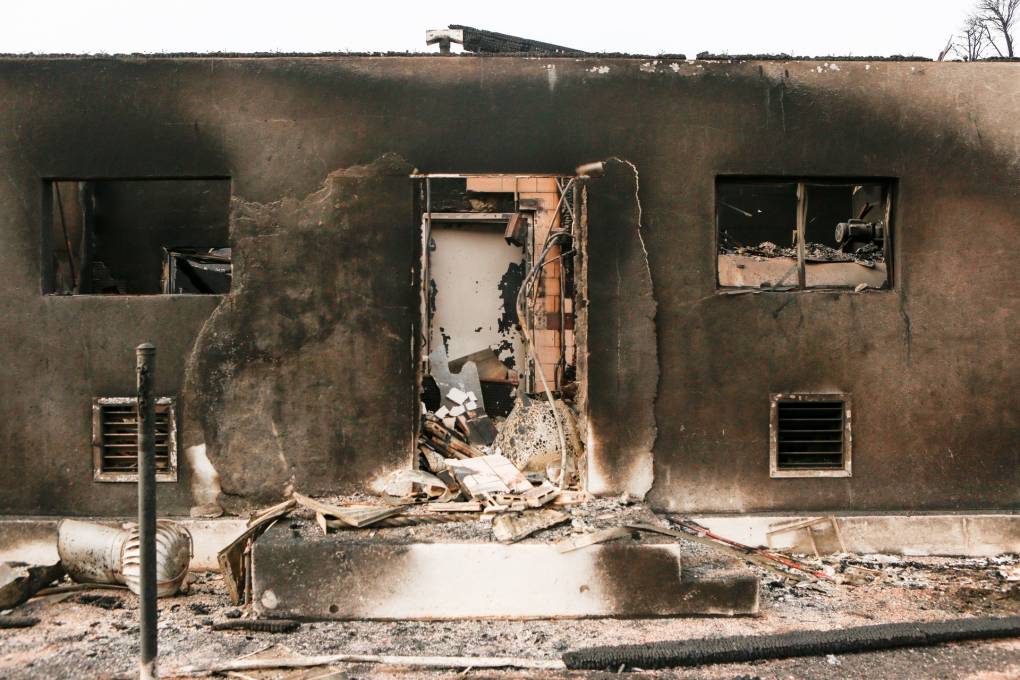A potential conflict of interest on the part of a lawyer representing PG&E fire victims is prompting questions about the integrity of an ongoing vote by fire survivors on their multi-billion-dollar compensation deal with the utility.
The concerns stem from revelations into how Texas-based lawyer Mikal Watts, who represents more PG&E fire victims than any other attorney, has financed his litigation.
Watts has been active in soliciting "yes" votes on the controversial compensation deal that he helped broker with the official committee of fire survivors in the PG&E bankruptcy.
On paper, that settlement deal is worth $13.5 billion, with PG&E paying half of that in cash and half as PG&E stock upon exiting from Chapter 11. Voting began on April 1 and continues through May 15, even as key details including the timing and final amount of the payment remain under negotiation with PG&E. The plan requires support from two-thirds of the fire survivors who vote.
Last week, Watts acknowledged to KQED that his credit line includes financing from Wall Street interests negotiating against the fire victims Watts is representing in the case. Those firms stand to reap a financial windfall if the plan passes. The potential conflict of interest was revealed in a court filing by a Tubbs Fire survivor who also cast doubt on the voting process last week.

